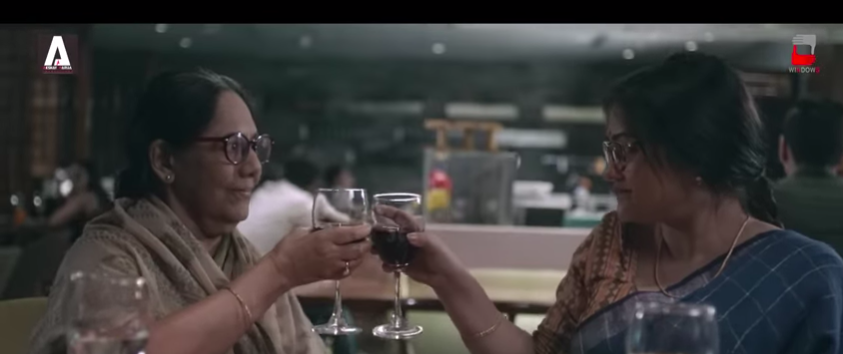 City Of Nine Gates by Pankaj Rajput
City Of Nine Gates by Pankaj RajputMy rating: 3 of 5 stars
"An atheistic millionaire is forced to find and help his long lost friend achieve self-realization in a mystical 'City of Nine Gates' known only to the Gods and the wisest sages of the Advait and the Sankhya."
These lines from the back-cover of the book intrigued me to start reading this book. I thought it to be a blend of mythology with a modern story line, just like the books written by the likes of Ashwin Sanghi. But what awaited for me was a pleasant surprise. This book deals with a totally different subject-matter.
We all encounter lot of hardships and difficulties in life, which force us to ask, "Why me?" In this book, the author has tried to answer that question which has troubled mankind since eternity. He has woven a tale through which he has tried to elucidate the spiritual, supreme truth. He has attempted to make it accessible to common readers who may lack any prior knowledge of Hindu spiritualism. Basically, it combines the teachings of the Bhagavad Geeta and other Hindu religious scriptures and tries to enlighten the readers with their teachings with the help of a story. I'd like to share some of my favorite quotes from the book:
"Happiness normally brings complacency and makes us think that the goal of life is achieved. That's a sweet trap. Celebrate happiness as much as you cried in a time of adversity. But never deviate from the path to Moksha. Treat happiness as a phase of preparation for liberation- just like dejection is but a phase."
"Pain is the alarm!..... This most abhorred of all emotions is the key to the path of Moksha. It is only pain that cuts-off one's attachment to happiness, sadness, liking, disliking and the rest of the dualities of this mortal material world."
"Everyone in this world is alone and hence needs to be with someone. But there are those rare ones who stay alone as they never feel lonely and hence never need the company of others. Such rare ones who prefer seclusion and are devoted to God are most dear to him."
There are some minor editing mistakes at some places. Considering this to be the first edition, such mistakes are inevitable. The language is simple. The story is not fast-paced. So if you are looking for a gripping story-line, this may not be the ideal book for you. This is the kind of book to savour slowly, allowing yourself time enough for the teachings to sink in. If you have a spiritual bent of mind, you'll surely like this book. I myself am a regular reader of the Bhagavad Gita. So I found the author's way of telling the deeper truths of life through a story quite fascinating. Go for it if you want to explore the deeper meaning and purpose of life.
View all my reviews


